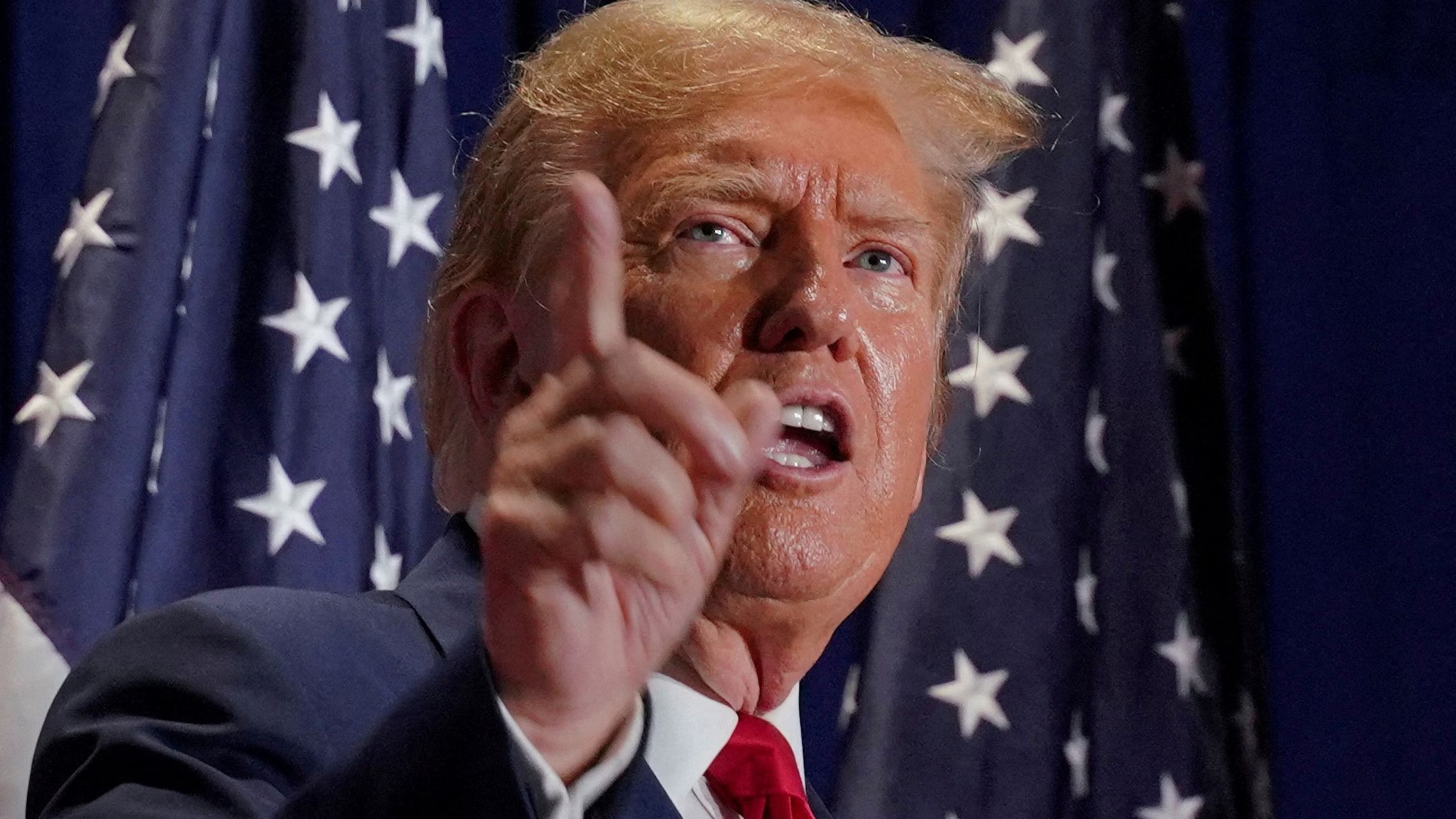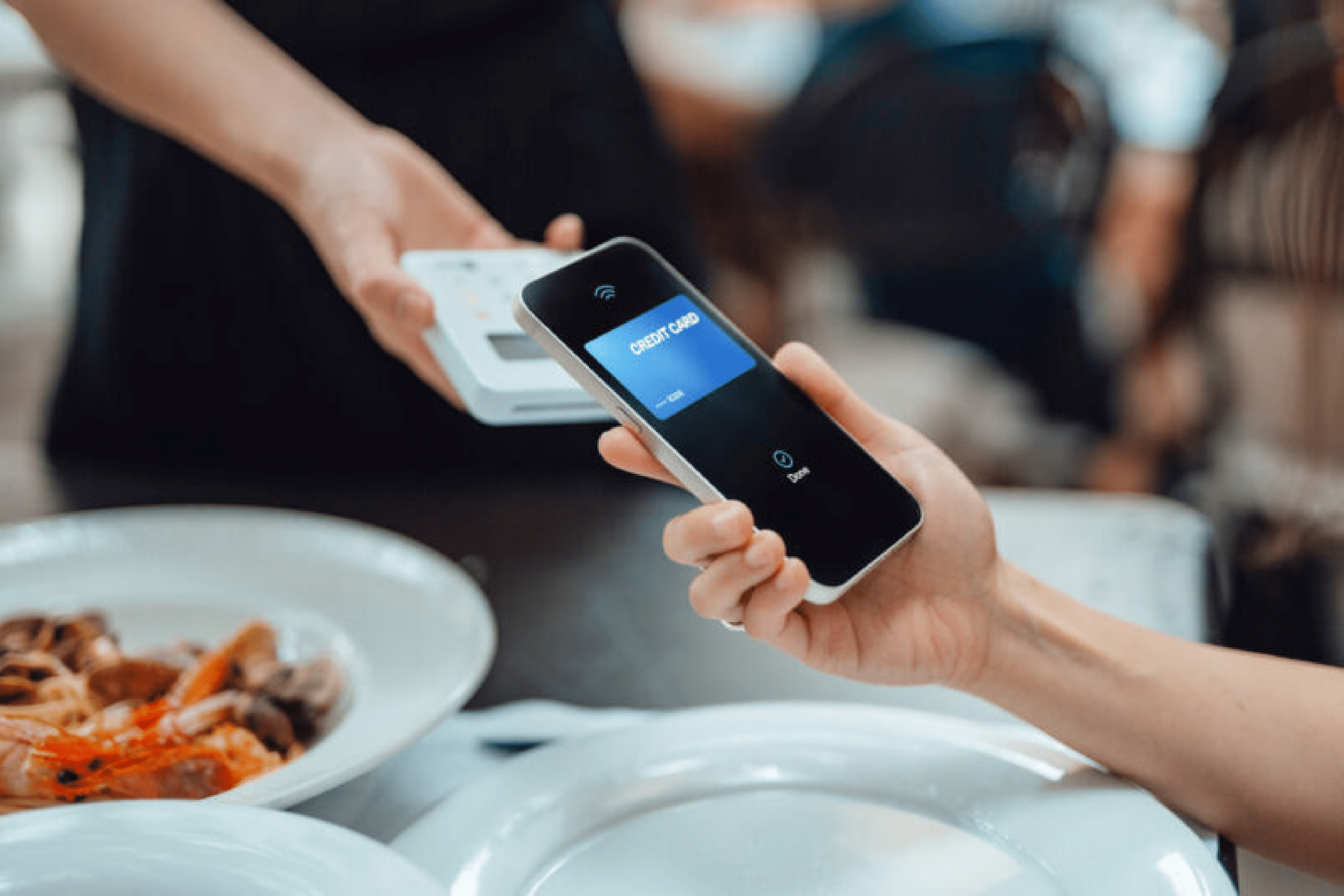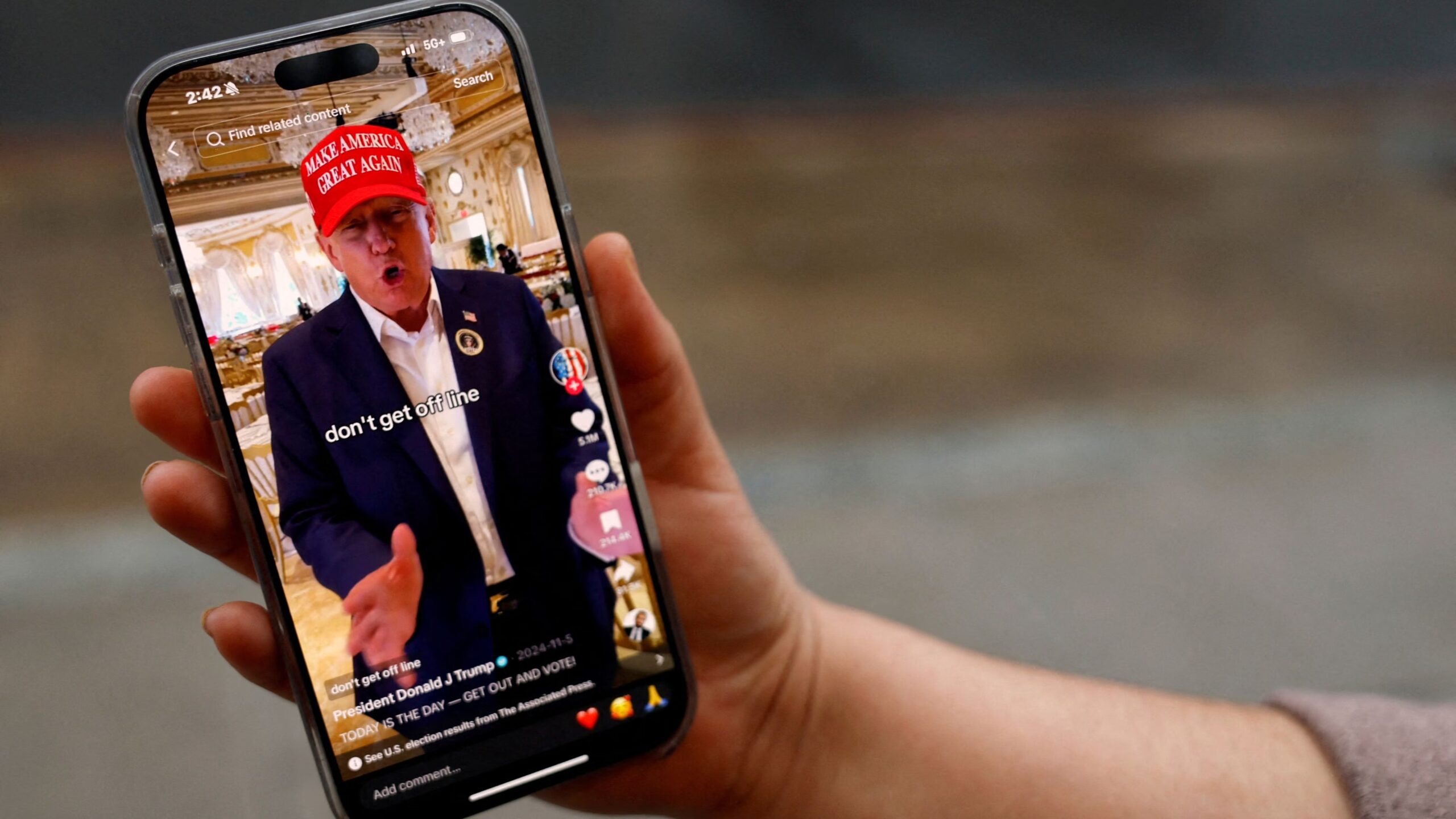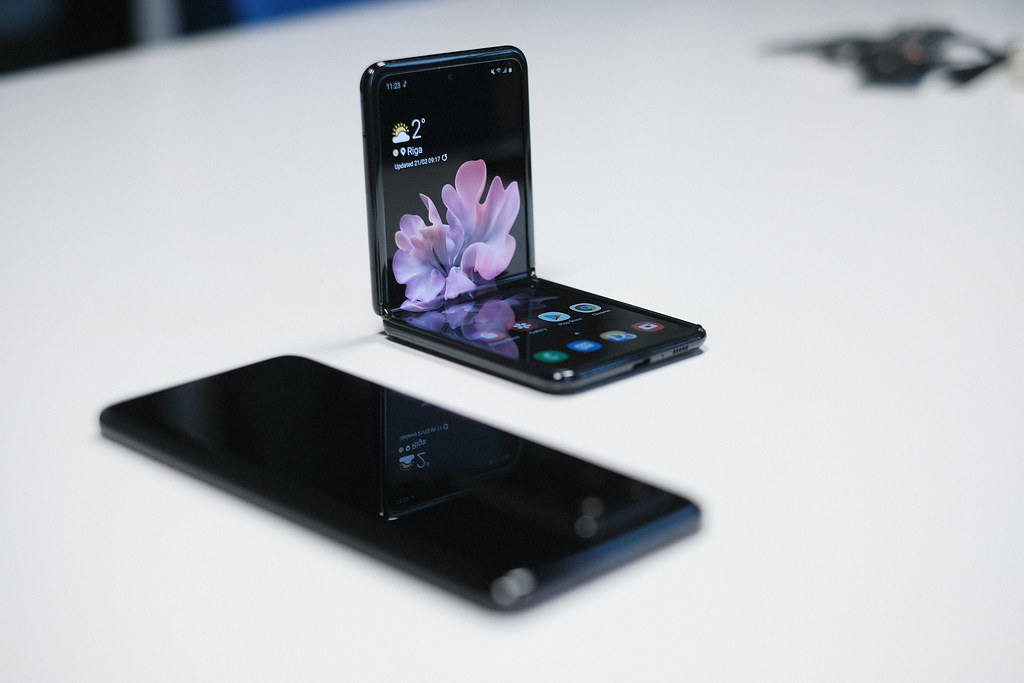Apple is expanding access to its NFC (near field communication) capabilities, allowing third-party developers to integrate contactless payment and other NFC-based functionalities into their apps.
Starting with the release of iOS 18.1, developers will be able to use the iPhone’s Secure Element (SE) to enable a variety of features, including in-store payments, digital car keys, transit passes, corporate badges, student IDs, home and hotel keys, merchant loyalty programs, rewards cards, and event tickets. Future updates will also include support for government IDs.
This move by Apple is partly in response to regulatory pressures, particularly from the European Commission, which had been investigating the company’s exclusive access to the iPhone’s NFC hardware as potentially anti-competitive.
Apple’s decision to open up this technology follows a settlement with the European Commission, part of an antitrust action related to the Digital Markets Act (DMA). As part of this settlement, Apple agreed to allow monitoring of its compliance for a decade, exceeding the obligations typically required under the DMA.
Previously, iPhone users could only access NFC for specific Apple-controlled functions, such as making payments through Apple Pay, tapping through transit gates, and reading basic NFC tags.
The introduction of iOS 18.1 will now allow users to choose alternative digital wallets and apps for NFC transactions, with the option to set a default payment app that can be triggered by double-clicking the iPhone’s side button.
Conditions for Developers’ Access
However, gaining access to this functionality will come with certain conditions. Developers interested in utilizing the iPhone’s NFC and Secure Element will need to:
- Enter into a commercial agreement with Apple
- Request the necessary NFC and SE entitlements
- Pay the associated fees
Apple has indicated that this arrangement is designed to ensure that only developers and apps meeting specific industry and regulatory standards, as well as Apple’s security and privacy requirements, will have access to the technology.
The broader availability of Apple’s NFC capabilities follows the company’s earlier efforts to control the technology for its own services. When Apple Pay launched in 2014, it renewed interest in contactless payment technology, which had already been adopted by credit card companies and competitors like Google. At that time, Apple reportedly received a commission on transactions processed through Apple Pay from banks and card issuers. However, regulators in the European Economic Area suggested that Apple’s exclusive control over iPhone-based payments could have stifled innovation in the market.
As Apple expands this access to developers in the U.S., U.K., Canada, Japan, and other countries, it is anticipated that new apps and alternative wallets will emerge, though these will be subject to Apple’s terms and fees.










